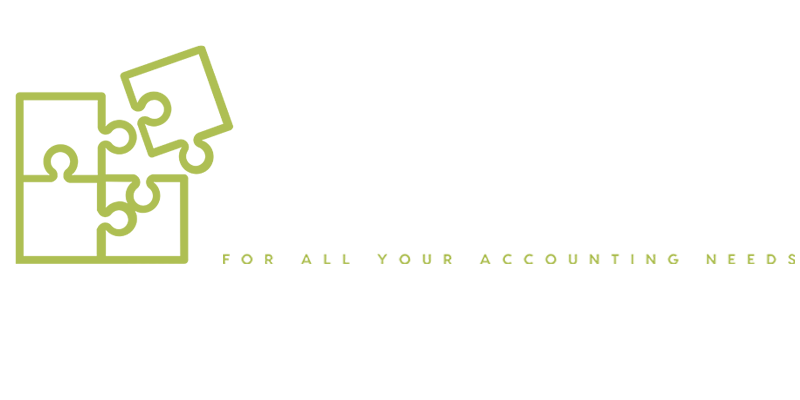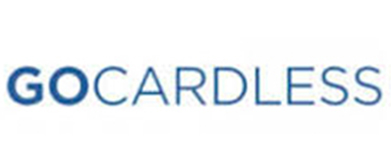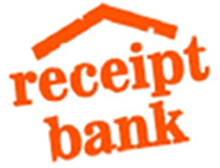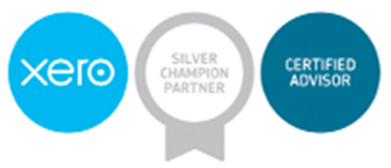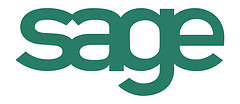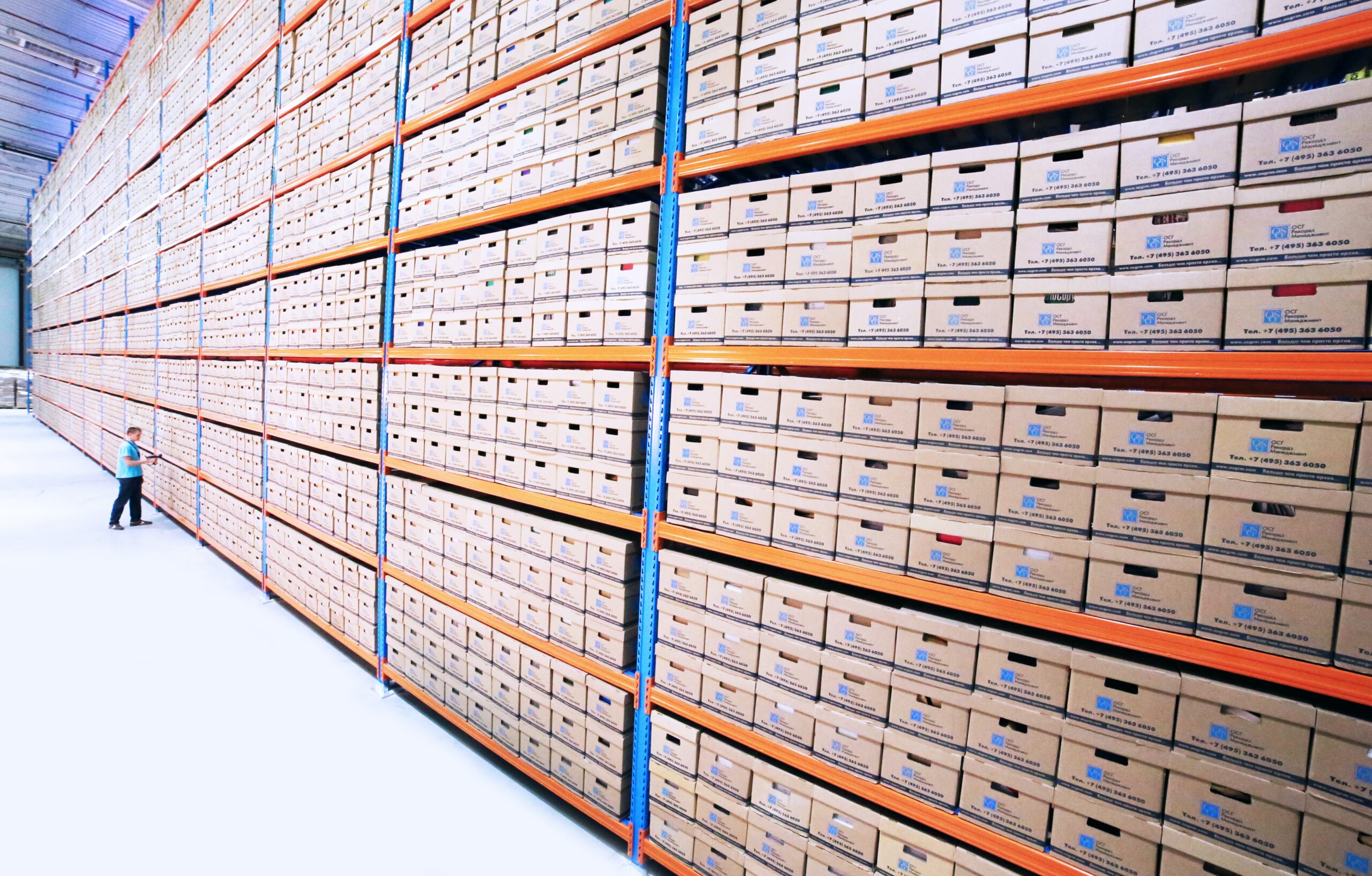
There are lots of different types of business assets, but one thing they all have in common is that they help companies to optimise their performance, growth opportunities and production.
From cash and stock through to office equipment, buildings and property, business assets are considered as being a resource of value that you own or lease in order to help you run your business.
But what are assets in accounting terms?
Assets in accounting terms are considered as being resources that you can sell or convert into cash or alternatively, use to produce value. Examples include prepaid expenses, bank balances, your inventory, as well as accounts receivable. These are all important factors when it comes to ensuring that your balance sheet adds up.
Get A Free Quote
We believe in working with our clients to make accountancy services easy. Get year-end accounts, CT600 corporation tax, payroll, bookkeeping and management accounts made easy.
Categories of business assets
Business assets are categorised based in on their convertibility into cash and they fall under a number of different categories including current asset, fixed assets, intangible assets, tangible assets and cash/cash equivalents.
What does this mean?
Current assets – Current assets have a shorter lifespan and are assets that are expected to be converted to cash within a year. They are also easily transferable into cash quite easily.
Current assets include:
- Cash/cash equivalents
- Receivables
- Bank drafts
- Marketable securities
- Investments (short term)
- Inventory
- Stock
- Deposit accounts
- Money orders
- Cheques
- Prepaid expenses
Fixed assets – Fixed assets are unlikely to convert into cash quickly and are used for long term use.
Fixed assets include:
- Property
- Plant
- Furniture
- Investments
- Equipment
- Tools and machinery
Tangible assets– Tangible assets can be grouped according to their physical characteristics and distinguished by their physical, material and financial impact on your business.
Tangible assets include:
- Cash
- Stock
- Land
- Office equipment
- Buildings
- Machinery
- Vehicles
Intangible assets – Intangible resources might not have material substance but they have a clear business value.
Intangible assets include:
- Intellectual property
- Reputation
- Brand
- Goodwill
- Trade secrets
- Licences
- Franchises
In any successful business, it’s important that you own a combination of current, tangible and intangible assets in order to optimise the day to day running of your business and of course, stay on top of your cash flow.
Why React Accountancy?
Here at React Accountancy, we provide trusted accountancy services to start-up, established and multi-national businesses across a diverse range of industries.
From the moment you get in touch, our approachable, friendly and professional team will go above and beyond to ensure that you receive the right advice, support and accountancy solutions for your business.
All of our team has years of experience in providing accountancy services that support your business including complex financial issues.
Get in touch today for further information about any of our services.
You can reach us on 01914324110 or contact us via email using info@reactaccountancy.co.uk
Get A Free Quote
We believe in working with our clients to make accountancy services easy. Get year-end accounts, CT600 corporation tax, payroll, bookkeeping and management accounts made easy.
